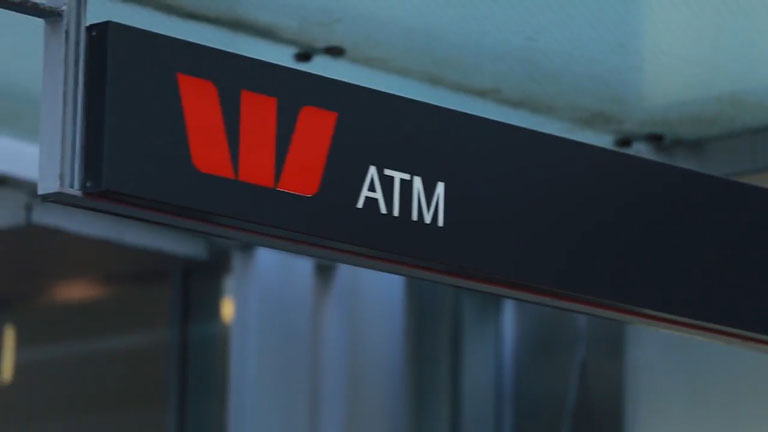ASIC says Westpac Banking Corporation (Westpac) has recently refunded approximately $20 million to around 820,000 customers for not clearly disclosing the types of credit card transactions that attract foreign transaction fees.
Following a customer complaint, Westpac notified ASIC that customers may have been incorrectly charged foreign transaction fees for Australian dollar transactions processed by overseas merchants. Because Westpac’s terms and conditions did not clearly state that foreign transaction fees would be charged for such Australian dollar transactions, Westpac commenced a process to identify impacted customers and provide refunds with interest.
Westpac has updated its disclosure to clarify that Australian dollar transactions – when they are processed by overseas merchants – will also attract a foreign transaction fee.
ASIC Deputy Chairman Peter Kell said, ‘It is essential for consumers to know when fees will be charged, so that they can make an informed decision when using financial products and services.’
ASIC acknowledges the cooperative approach taken by Westpac in its handling of this matter, and its appropriate reporting of the matter to ASIC.
ASIC warning to consumers
ASIC is also issuing a warning to consumers about unanticipated credit card foreign transaction fees.
It may come as a surprise to consumers that transactions made in Australian dollars with overseas merchants, or processed by a business outside Australia, can attract a foreign transaction fee. This may even occur where the merchant’s website has an Australian address (domain name) or where a foreign business advertises and invoices prices in Australian dollars.
‘It may not always be clear to the consumer that the merchant or entity is located outside Australia, particularly in an online environment where the website uses an Australian domain name,’ said ASIC Deputy Chairman Peter Kell. ‘We urge consumers to check whether the transaction they make is with an overseas-based merchant or processed outside Australia, especially when they shop online.
‘Equally, credit card issuers need to ensure that the disclosure of such fees is clear so customers understand the fees that they are charged when using their cards.’
‘Not all cards impose foreign transaction fees. For consumers who make frequent overseas purchases, it is worth shopping around for a card that offers no foreign transaction fees,’ he said.
ASIC is working with other industry participants on this issue, including by requiring improved disclosure by a number of credit card issuers.
Overseas merchants who display prices to Australian consumers in Australian dollars will usually give consumers the choice to pay in the applicable foreign currency or in the Australian dollar equivalent, as converted by the merchant at their own exchange rate (using a process known as ‘dynamic currency conversion’). As consumers may be unable to avoid paying international transaction fees for Australian dollar transactions with overseas merchants, consumers may wish to pay in the applicable foreign currency if they expect the exchange rate to be applied by their card issuer to be more competitive than the exchange rate used by the merchant.
Customers with queries or concerns about the charging of credit card foreign transaction fees should contact their credit card issuer. ASIC has published specific information and guidance for consumers about the charging of international transaction fees by credit card issuers on its MoneySmart website.
Background
A foreign transaction fee (also known as an international transaction fee) is a fee charged by many credit card providers for transactions – including purchases and cash advances:
- that are converted from a foreign currency to the Australian dollar; or
- that are made in Australian dollars with merchants and financial institutions located overseas; or
- that are made in Australian dollars (or other currencies) that are processed outside Australia.
A foreign transaction fee is generally calculated as a percentage of the Australian dollar value of the transaction (typically up to 3.5%). Credit card schemes (such as Visa, MasterCard and American Express) have different rules about foreign transaction fees and the percentage fees will vary depending on the card scheme.
Debit cards may also attract a foreign transaction fee, and consumers are encouraged to check the terms and conditions to find out whether this fee will be imposed by debit card issuers.
From March 2014, Westpac’s credit card terms and conditions did not clearly state that a ‘foreign transaction fee’ would be charged for transactions:
- for ‘card-not-present’ transactions in Australian dollars with merchants located overseas;
- in Australian dollars with financial institutions located overseas; or
- in Australian dollars (or any other currency) that is processed by an entity outside Australia (together referred to as Overseas Transactions in Australian Dollars).
This may have led customers to believe that a foreign transaction fee would be charged only when a transaction was made in a foreign currency that required a conversion into Australian dollars at the time of the transaction.
Affected customers have been provided compensation, including:
- a refund of the foreign transaction fee charged on the transaction;
- where any credit card interest was charged on the foreign transaction fee amount, a refund of the interest component; and
- an additional interest payment on the refund amount from the date the foreign transaction fee was charged until the date of refund.

